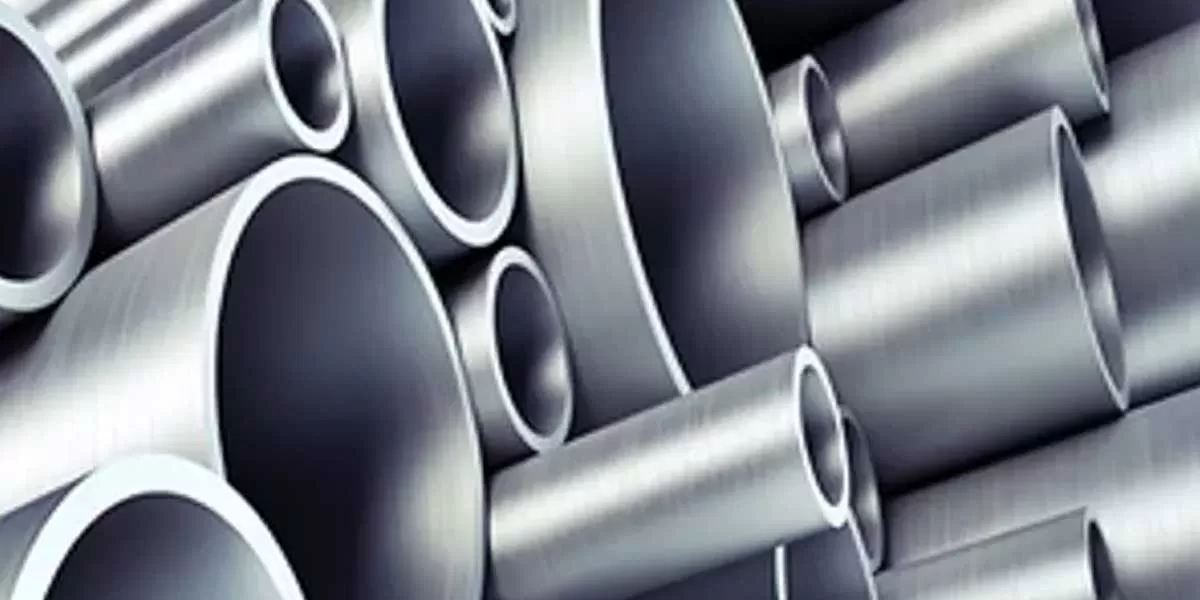

Emaar to invest Rs 1,000 crore in Gurugram housing project
Emaar India, a prominent real estate developer, has announced a major new project in Gurugram, one of the most sought-after residential locations in the National Capital Region (NCR). The company is investing approximately Rs 1,000 crore in the development of a luxury housing project named ‘Amaris.’ The project, situated on Golf Course Extension Road in Gurugram’s Sector 62, will span over 6.2 acres and is expected to feature 522 high-end apartments, with a total development potential of 15 lakh square feet. This project, launched in response to the growing demand for premium residentia..

Punjab-Haryana HC slams ED over IREO money laundering investigation
The Punjab and Haryana High Court criticised the Enforcement Directorate (ED) for conducting a ‘slipshod and unprofessional’ investigation into money laundering cases involving IREO and its functionaries. The court directed the ED's director to address the lapses in the probe. The court noted that the accused company's real estate assets were allowed to be disposed of without proper oversight. Justice Kuldeep Tiwari issued these directives after being informed of a November 6 order by a coordinate bench, in which Gulshan Babbar sought the cancellation of bail granted to IREO MD Lalit Goya..

Capitaland to buy 40% stake in SC Capital Partners for $209.31 mn
Singapore's CapitaLand Investment announced that it plans to acquire a 40 per cent stake in SC Capital Partners Group (SCCP) for $280 million. Additionally, the company intends to invest at least $524 million in SCCP. The acquisition of the 40 per cent stake in SCCP, a Singapore-based real estate investment manager, is expected to increase CapitaLand's funds under management (FUM) by $11 billion. The company explained that this move would strengthen its presence in Japan, its key market, where 76 per cent of the additional $11 billion FUM is located. In its statement, CapitaLand emphasised t..













